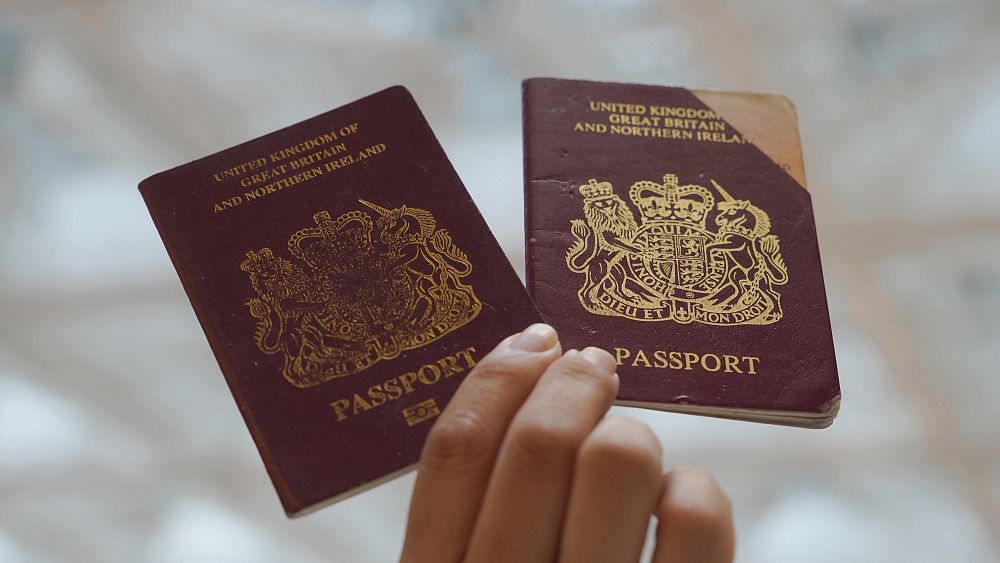
A British activist has lost a legal challenge to the government’s policy of not allowing gender-neutral passports.
Christie Elan-Cane brought the case to the UK Supreme Court after years of campaigning but a panel of judges dismissed her complaint
Elan-Cane argued that the requirement for passport applicants to indicate whether they are male or female breaches human rights laws.
Fellow campaigners had called for gender non-conforming citizens — who identify as non-binary — to be legally recognised with an “X” option on their passport application.
But the UK court stated that the gender of passport applicants is “a biographical detail which can be used to confirm their identity by checking it against the birth, adoption or gender recognition certificates provided and other official records.”
“It is, therefore, the gender recognised for legal purposes and recorded in those documents which is relevant,” Supreme Court President Robert Reed said.
Reed added that no UK law currently recognises a non-gendered category and allowing the case would leave the government without a coherent approach to the issue.
Some countries, including the United States, Canada and Denmark, issue or plan to allow passports with non-binary gender markers in recognition of the rights of citizens who identify as neither strictly female nor male.
Elan-Cane said the UK was “on the wrong side of history,” and plans to take the case to the European Court of Human Rights in Strasbourg.